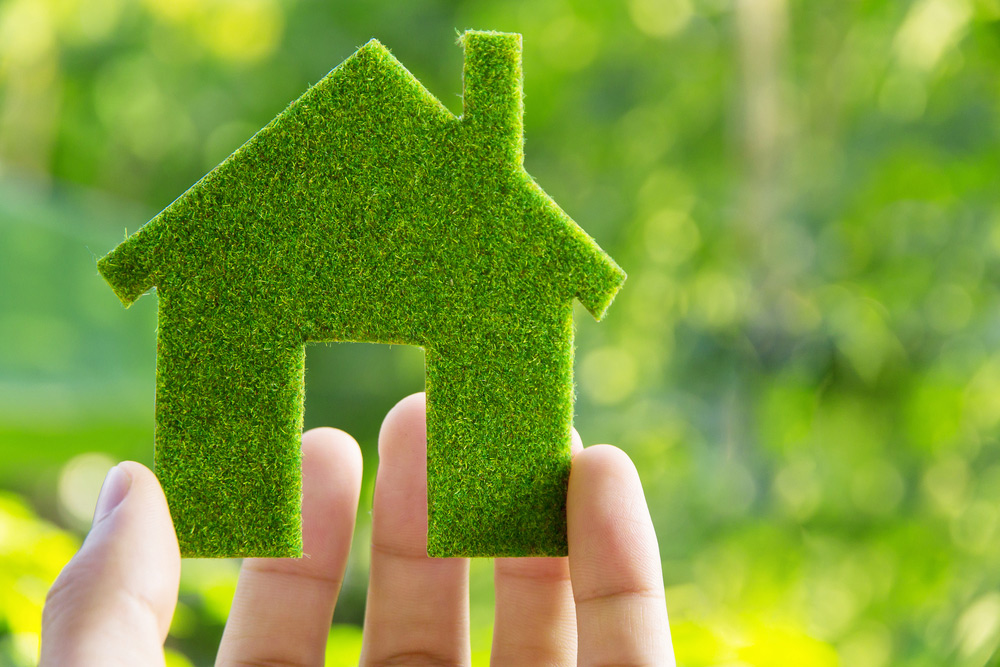Living a more eco-friendly lifestyle isn’t just a checklist of things to
do and buy, it involves a lot of critical thinking and examining our
own habits. Today I’m tackling four myths about “green” and “natural” living that I hear a lot, in the hopes of spurring some thought on what misconceptions we have about reducing our eco-footprints.
1. Recycling is the Answer
Recycling is a wonderful thing. Diverting waste from our landfills and turning it into useful products again is absolutely an important step in taking care of our planet. But recycling comes at a cost, too. There is no garbage fairy that waves her magic want and *poof!*, the paper and plastic is in a useable form. Recycling uses energy and resources, and has an environmental impact. Collecting, sorting, and transporting material to be recycled creates emissions, and the recycling plants don’t run on rainbows and sunshine, either. Recycling is absolutely an important thing to do to reduce environmental impact, but remember its place in the hierarchy of the 3 R’s – Reduce, Reuse, Recycle. Reduce first, then reuse. Whatever’s left, recycle.
2. Natural = Safe
Just because something is “natural” doesn’t mean it’s completely safe. This is a common argument in the promotion of natural products over ones that are “artificial” or made with “chemicals”. A good example of this is herbal remedies and essential oils – just because it’s plant-derived doesn’t mean it’s non-toxic, or won’t have a negative side effect. Do your research on “natural” products and know what you’re using.
3. Green is Expensive
It doesn’t have to be! It’s true, you can spend a lot of money being green, from replacing your windows to the most energy-efficient ones, and buying only organic food costs more than conventional groceries. But there are ways to reduce your footprint without eating your savings, too. Reducing your energy & water usage can have a direct impact on how much you pay every month. Walking, cycling or taking public transit can significantly reduce your transportation costs and also your emissions. Being more aware of what you buy and reusing items can save you money, too.
4. Electricity is Greener than Gas
If you live in a region where your electricity is from a renewable source, such as hydro or wind, then your electricity is greener than gas. But if you live in an area where your electricity is generated by coal, choosing electric over gas isn’t necessarily saving on emissions. In Alberta, 54% of the province’s electricity was created by coal-fired plants in 2011 (source: Alberta Energy). That’s hardly environmentally friendly.

Leave a Reply